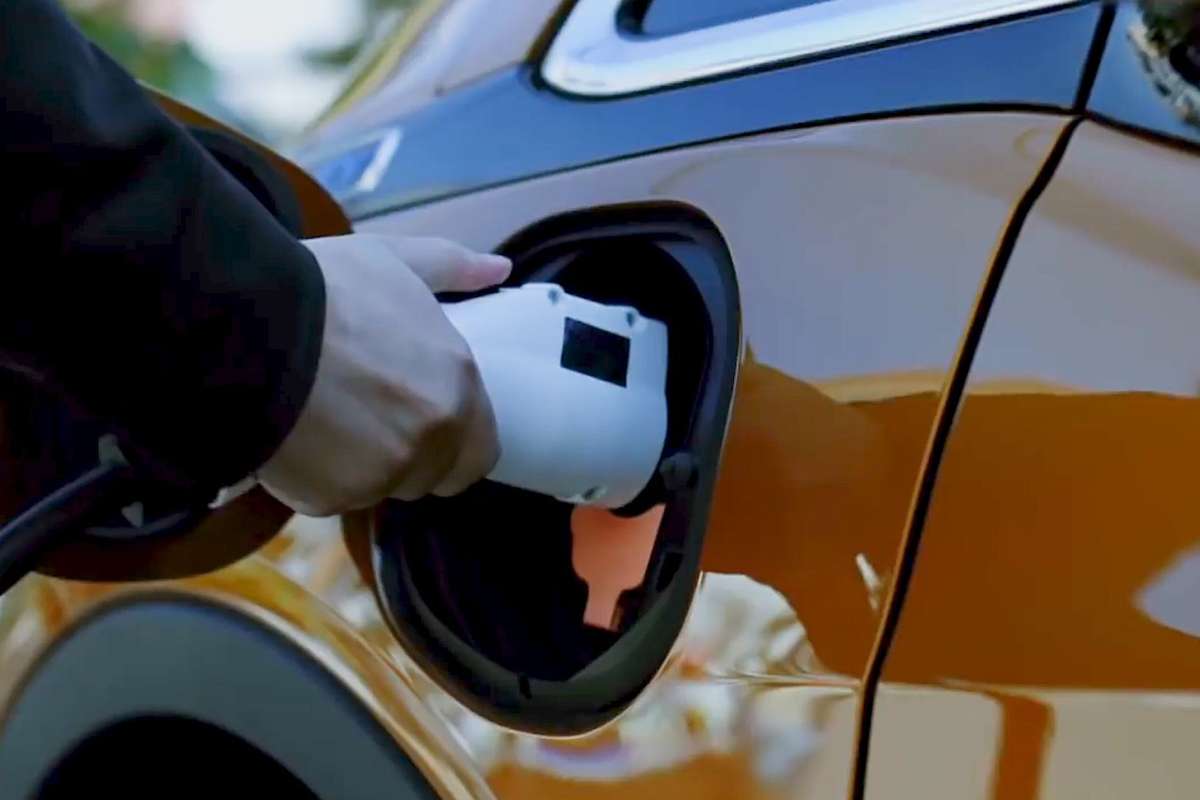When it comes to EV charging and potential car malfunctions, a complex situation arises, highlighting the need for better solutions and responsibility sharing.
The scenario is this: you’re out and about, driving your EV, relying on available charging stations to keep you moving. But what happens when things go awry?
For most daily commutes, EV owners predominantly charge at home, at work, or nearby, making unexpected charging mishaps rare. Yet, it’s wise to be prepared for unforeseen car troubles. Roadside assistance, spare tires, and ride-sharing services can assist during normal commutes, providing a safety net for many.
DC fast charging stations, on the other hand, cater to more specific needs, typically during road trips or extraordinary driving scenarios.
This means that if you’re far from home and your charging session experiences a hiccup, you might find yourself stranded. Moreover, identifying who is at fault adds another layer of complexity.
A malfunctioning charging station or a car breakdown at a station can trigger a frustrating financial predicament. With manufacturers and charging providers unwilling to assume immediate responsibility, drivers are left fronting the repair and recovery costs.
This situation worsens when the investigation process stretches over months, leaving drivers without a vehicle and out of pocket.
While saving for unexpected situations is an ideal concept, it’s not always feasible. Many people lack the financial cushion to handle such emergencies. This financial uncertainty is heightened by ongoing economic challenges.
Blame, in such cases, often lies between the manufacturer and the charging provider, complicating matters further. Assigning accountability is crucial, but making a party with no fault shoulder all expenses doesn’t seem reasonable.
Instead, it makes sense for the charging provider to prioritize customer care, covering the costs upfront and later recovering the amount from the manufacturer if applicable.
However, this approach doesn’t address older or out-of-warranty EVs. Here, an agreement between charging providers and manufacturers becomes necessary to address costs resulting from vehicle malfunctions.
While this perspective may appear unjust to charging providers, the damage to their reputation and potential legal battles can be significant. Being proactive in taking care of the customer, regardless of fault, diminishes the likelihood of grievances reaching the media or social platforms.
Furthermore, maintaining a well-functioning charging network should prevent such incidents. The relatively small cost of prioritizing customer satisfaction is minimal compared to the potential harm to a company’s reputation.
In a broader context, this approach safeguards the future of EVs. If consumers perceive a lack of support during charging mishaps, their enthusiasm for EVs could wane, delaying the transition to sustainable transportation.
It’s crucial that the industry acknowledges the significance of customer care and collective responsibility.

